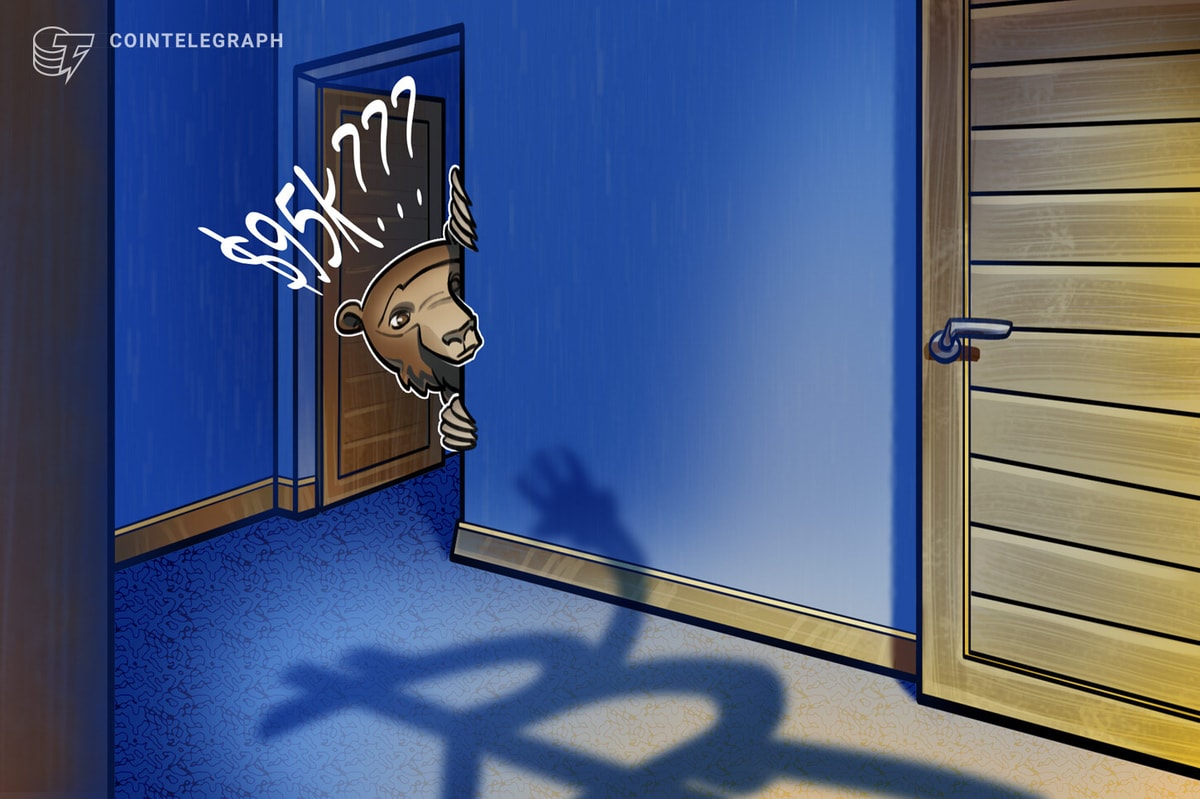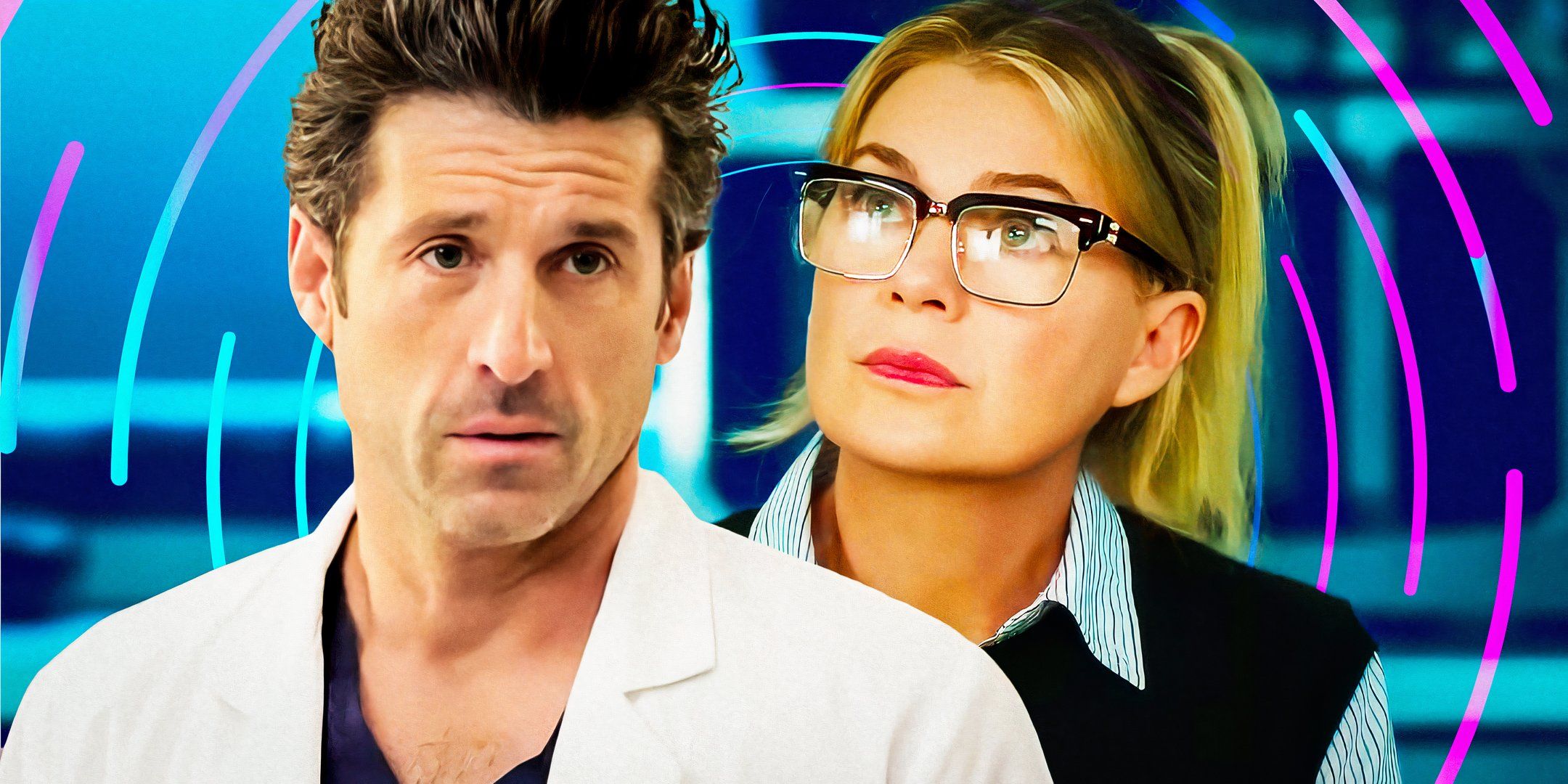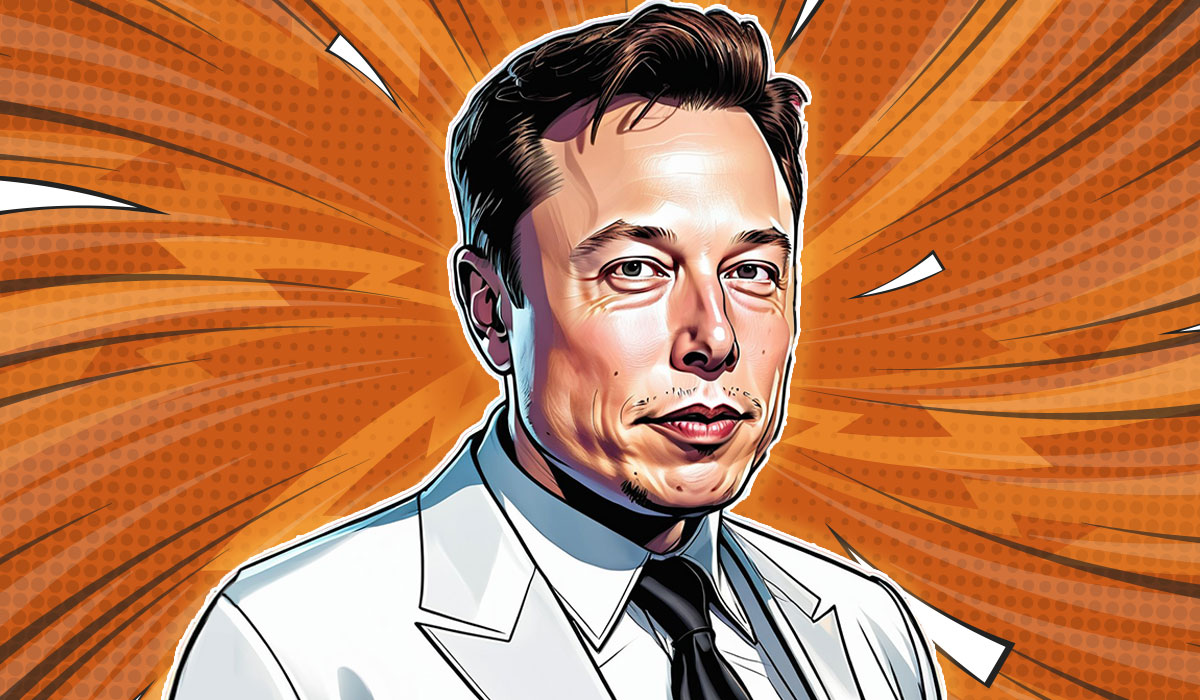After 12 months of big hitters such as Helldivers 2, Elden Ring: Shadow of the Erdtree, Dune: Part 2 and Shogun, it’s not unreasonable to consider 2024 a good year for pop culture. But the smooth always comes with the rough, and the past year really has been a rocky one for the things we love and the people who make them.
From layoffs and studio closures to costly consoles, underwhelming adaptations and struggling sequels, these are the biggest disappointments in 2024.
Gaming Industry Layoffs and Closures
The games industry found itself facing a crisis in 2023 as many publishers and studios, both large and small, made scores of staff redundant in an effort to cut costs. But the pains of that year would be repeated in 2024, which has seen an estimated 14,600 job losses - a 39% increase year-on-year. The cuts have seen thousands of talented studio staff thrown into the most difficult job market the games industry has ever seen, with developers attempting to find new roles in a landscape where companies are slimming down.
Among the major companies cutting staff loose have been Riot, Microsoft, Bungie, Unity, TakeTwo Interactive, EA, and PlayStation. Such businesses have reduced their staff numbers for a variety of reasons and factors, be that rising development costs, shifting player habits in the years following the COVID-19 pandemic, and the global impact of the Russian invasion of Ukraine. Whatever the reasons, remaining staff at these publishers and studios must continue to work in uncertain times without the aid of their former colleagues.
That is if their studio still exists. Adding to the dismal picture are several studio closures. Perhaps the most prominent among them is Arkane Austin, Bethesda’s immersive sim specialist responsible for the acclaimed Prey. Sadly its most recent release, Redfall, was a critical and commercial bomb – a situation that seemingly sealed its fate. Arkane Austin was shuttered by parent company Microsoft, along with Alpha Dog Games, Roundhouse Games, and Hi-Fi Rush developer Tango Gameworks. Somewhat miraculously, Tango was rescued by Krafton in a last-minute turn of fate, but such good news is rare. Also suffering closure this year was PlayStation’s London Studio, Galvanic Games, Avalanche Studio Group’s New York and Montreal studios, as well as others. To say it's been a tough year is an understatement.
Trend-chasing Failures
 Concord
ConcordAnother developer closed for good is Firewalk Studios, the team behind what is certainly PlayStation’s biggest disaster of the generation: Concord. A PvP hero shooter, its long and costly development meant it arrived long after the genre had peaked in popularity. But, despite being developed by many FPS veterans hailing from the likes of Bungie and Activision, what could have been PlayStation’s next big multiplayer phenomenon struggled to stand out from the likes of Overwatch and Apex Legends thanks to its lacklustre character kits and standard fare objective design. From the outside Concord simply looked like another typical hero shooter, which meant few wanted to see what was going on inside.
It’s not an exaggeration to say that almost no one turned up for its August release – it achieved a high of just 697 concurrent players on Steam during its first week. Less than two weeks later, Sony pulled Concord from sale, refunded players, and shut the game down. By the end of October, Firewalk Studios was closed for business. It all sadly means Concord is gone without a trace. Well, almost – an episode of Amazon’s Secret Level animated series serves as a prequel to the ongoing Concord in-game story that never happened.
A similar, thankfully less tragic story also happened earlier this year with Rocksteady’s Suicide Squad: Kill The Justice League. After months of poorly-received marketing, Sucide Squad launched as a critical and commercial bomb. As with Concord, much of Kill The Justice League’s failings were due to chasing trends that players have long since largely tired of – in this case, the Destiny-style live-service shooter grind. It didn’t help that Suicide Squad resembled Crystal Dynamics’ ill-fated Avengers game from a few years back, which similarly annoyed players for being a repetitive multiplayer PvE game. In Suicide Squad’s case, it was a shattering fall from grace for a studio that previously made beloved single-player Batman games. Many of us just wanted more of that best-in-class superhero action with a villainous twist, but sadly Warner Bros’ chase of live-service revenue seemingly got in the way. Not that it paid off - an initial lack of sales and dwindling players has contributed to a significant revenue decline for the company.
Hardware Hiccups
 PlayStation 5 Pro
PlayStation 5 ProThe time-compressing effect of the pandemic years has disguised the fact that, yes, we’re already at the midpoint of the current console generation. Right on cue, Sony delivered its mid-cycle refresh PlayStation 5 Pro, and it’s safe to say that practically no one was pleased by its $700 price tag. That’s not just down to the cost of living squeezing everyone’s wallets – Mark Cerny’s presentation that apparently showcased the console’s ability to render The Last of Us Part 2 Remastered so much better than the base console was basically the “They’re the same picture” meme from The Office in action.
While there’s definitely time for the PS5 Pro to prove why it costs $200 more than the regular PS5, the initial results have been pretty disappointing. Rather than eliminate the need to decide between quality and performance modes, developers have added even more options to Pro-patched games, with confusing names such as ‘Fidelity Pro’ and ‘Versatility’. Remember when you just plugged in a console and it worked? Halcyon days. Plus, all the Pro’s extra power can’t even make Bloodborne look any better.
At least Sony fans got a console, though. After months of rumours that Nintendo was due to announce its successor to the Switch, the company announced a brand new piece of hardware: an alarm clock. Yes, the Alarmo is a $100 clock with game-themed alarms and a motion sensor that can detect when you’ve got out of bed. It’s hardly the Switch 2 we were hoping for. And even when it comes to Nintendo’s history of weird hardware, Alarmo is far from the most interesting or bizarre. A true disappointment from the house of Mario.
Unreliable Reliables
 Star Wars: The Acolyte
Star Wars: The AcolyteOver in the realm of television, things have largely been bright thanks to the likes of Arcane, Shogun, and Fallout. But 2024 also saw some traditionally reliable shows struggle to maintain their quality. Season 3 of The Bear certainly wasn’t bad – it once again provided some solid character drama and beautifully-shot kitchen nightmares. But, compared to the incredible highs of the first two seasons, this third chapter fell significantly short. Its frustratingly slow pace clashed with the lightning speed of previous years, and the focus being almost entirely on Carmy’s inner crisis forced valuable characters like Sydney into the sidelines.
Similarly, we saw this year’s Star Wars project struggle to hit the highs of The Mandalorian and Andor. The Acolyte was built on a fascinating premise that delved into the galaxy’s past, exploring the late High Republic era. It was packed with Jedi and featured one of the coolest lightsaber battles in the entire franchise, but even that couldn’t save the series from its sloppy and often infuriating storytelling.
The Acolyte’s saving grace could have been Manny Jacinto’s Sith lord The Stranger, who sports one of the most menacing helmets in all of Star Wars. But while deeper exploration of his character could have resulted in a much-improved season two, we’ll never get to see that thanks to Disney axing the show entirely. This isn’t just a Disney problem – Netflix has also continued its habit of cancelling shows after barely giving them a chance to realise their full potential. 2024’s Netflix cull included Kaos and Dead Boy Detectives, which join last year’s Lockwood & Co in the “cancelled after a single season” club.
Awful Adaptations
 Like a Dragon: Yakuza
Like a Dragon: YakuzaThis year’s Fallout was a stellar exercise of how to adapt a video game for television, with Amazon’s wasteland show being among our TV highlights of 2024. But it seems like Fallout’s success isn’t a guaranteed indicator that every Amazon video game show will be fantastic, as proven by the dreadful Like a Dragon: Yakuza show that landed on the service several months later. Featuring no karaoke, far too little Majima, and far too much melodrama, Like a Dragon totally failed to capture the stark contrast between serious and silly that the Yakuza games thrive on.
It wasn’t just Japanese RPGs that were treated poorly for TV this year, though. Famed Japanese manga Uzumaki also received its long-awaited animated adaptation, and the results couldn’t have gone any worse. The four-part Adult Swim show turned Junji Ito’s monochrome horror into a rushed mess that sprinted to the finale, undermining plot points, character arcs, and scares on the way. The biggest disappointment, though, was the severe drop in animation quality following a visually rich episode one. Uzumaki transformed from beautifully chilling into a low-budget nightmare in the space of a week – it was a rug-pull scarier than anything Junji Ito could write.
Box Office Bombs
 Borderlands
BorderlandsUnfortunately, terrible adaptations weren’t limited to the small screen. One of the biggest box office bombs of the year came in the form of Borderlands. Gearbox’s wacky looter shooter was transformed into a hideously miscast Guardians of the Galaxy rip-off for its live-action big screen adventure. Many of the games’ best-know qualities, such as its sweary sense of humour and love of turning humans into piles of goopy gore, were toned down to the point of vanishing completely. The result was bland, recycled MCU-ish ideas geared toward mass marketability. In short: a complete disaster. Unsurprisingly it died an unceremonious death when it launched in cinemas – with Lionsgate’s CEO saying “nearly everything that could go wrong did go wrong.”
It’s arguable that an FPS like Borderlands was never going to survive the transition to cinema. A sequel to the most profitable comic book movie of all time and the first R-rated film to pass a billion-dollars at the box office, though? Surely a second Joker was going to be an easy win. Not so much. Joker: Folie à Deux turned out to be a miserably dull follow-up, with director Todd Phillips undoing almost all the good he established in the first film. When not even Lady Gaga can save your kinda-sorta musical from its snoozefest courtroom drama scenes, you know you’re in trouble.
For the classic-mould movie buff, though, almost certainly the biggest disappointment of the year is Megalopolis. The years-in-the-making, self-financed magnum-opus from The Godfather director Francis Ford Coppola was (perhaps, if we’re honest, somewhat predictably) an indulgent catastrophe. Some people have seen method in the madness (including our own reviewer, who gave it a 9/10) but for many this opulent fable set in a futuristic, Rome-like New York City was a bloated, pretentious, dull mess. Quite how the creator of the quintessential Mafia movie got here may prove to be one of the universe’s greatest mysteries.
From studio closures to box office catastrophes, 2024 has had some real low points. It’s hard to find a silver lining in some of them, and we continue to hope that the industries that make our favourite things will turn a better corner in 2025. But in other instances it’s the downs that make the ups shine brightly – and you can find many of those bright stars in our roundup of the best reviewed games of 2025.
Matt Purslow is IGN's Senior Features Editor.

 5 days ago
3
5 days ago
3








 English (US) ·
English (US) ·